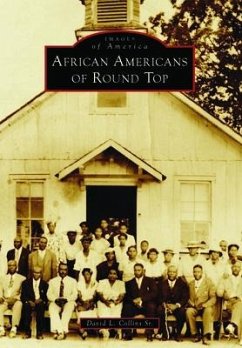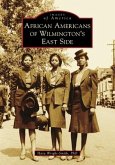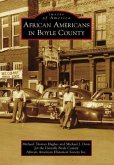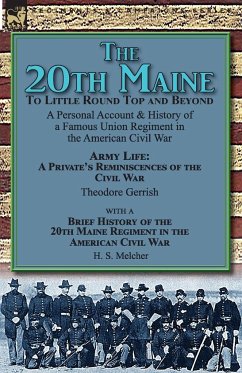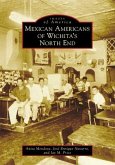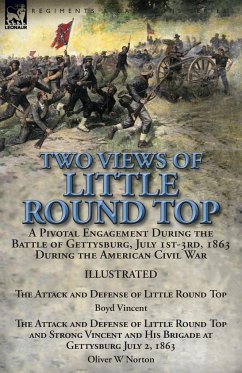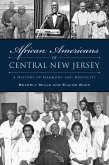Round Top's African American pioneers came into Texas in 1825 when Stephen F. Austin brought in 300 Anglo-Americans, and the people they enslaved, for the purpose of colonizing the area. Soon afterward, more slaves were bought in from other slaveholding states. After the Civil War ended, the descendants of these original Round Top pioneers began building their own community. Many earned money by toiling away in the cotton fields for the very men who had once enslaved them. Others earned money working as cowboys, washerwomen, barbers, or blacksmiths. In 1867, the group founded the Concord Missionary Baptist Church as a communal space for them to come together and pool their resources to buy their own land, build their own homes, and hire teachers, which led to the creation of the Concord Missionary Baptist Church Colored School. For generations, this school successfully educated freedmen, their children, and their descendants before finally closing its doors due to desegregation. Despite many challenges, they overcame obstacles that grew into a prosperous community.
Hinweis: Dieser Artikel kann nur an eine deutsche Lieferadresse ausgeliefert werden.
Hinweis: Dieser Artikel kann nur an eine deutsche Lieferadresse ausgeliefert werden.

